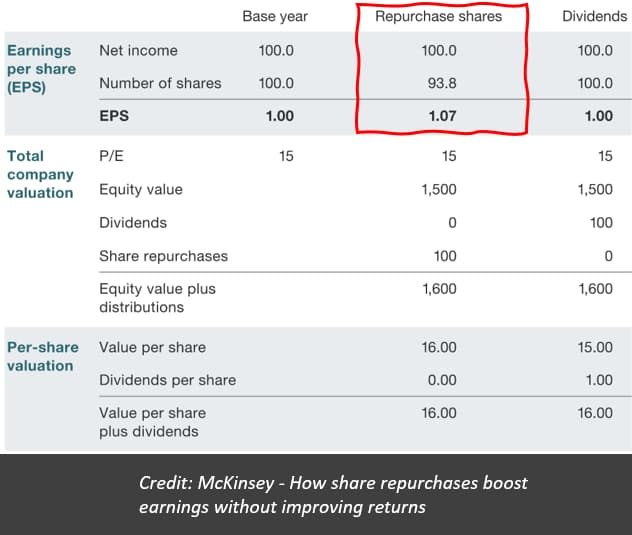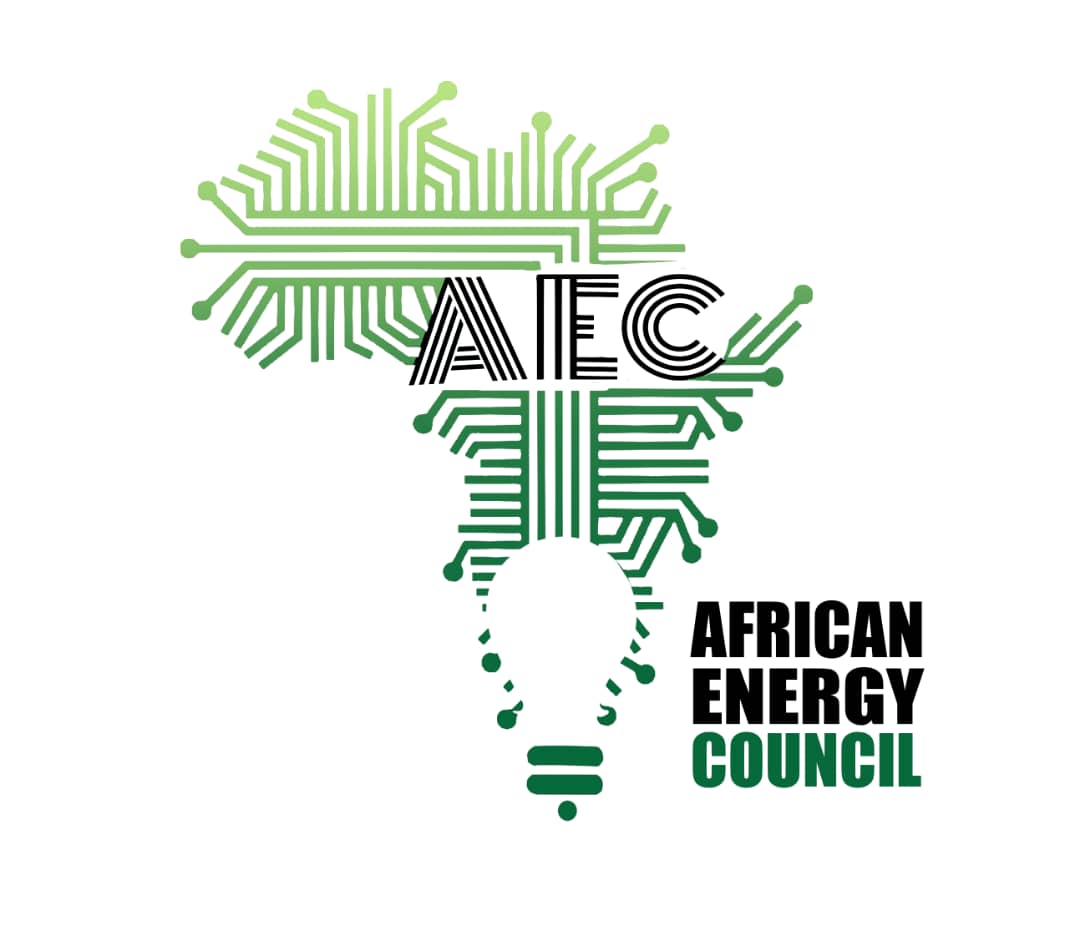Macron's Call To EU: Buy European, Not American

Table of Contents
The Rationale Behind Macron's "Buy European" Strategy
Macron's "Buy European" strategy is rooted in a multifaceted ambition to reshape the EU's economic landscape and enhance its global standing. It's not simply about protectionism; it's a broader effort to bolster European strategic autonomy and competitiveness.
Strategic Autonomy and Reducing Reliance on External Suppliers
The EU's vulnerability to supply chain disruptions has been starkly exposed in recent years. The COVID-19 pandemic and the war in Ukraine highlighted the dangers of over-reliance on external suppliers for essential goods and technologies. Prioritizing European production aims to mitigate these risks and strengthen the EU's strategic autonomy. This means building resilience against geopolitical shocks and ensuring access to critical resources regardless of global instability.
- Critical Sectors Targeted: The focus is on sectors vital for national security and economic stability, including:
- Semiconductors: Reducing dependence on Asian producers for microchips crucial for various industries.
- Pharmaceuticals: Ensuring access to essential medicines and vaccines, lessening reliance on non-EU manufacturers.
- Renewable energy technologies: Boosting domestic production of solar panels, wind turbines, and batteries.
Boosting European Industries and Employment
A core tenet of the "Buy European" strategy is stimulating economic growth within the EU. By favoring European products, the goal is to increase demand for domestically produced goods, triggering a ripple effect across various industries.
- Increased demand should lead to:
- Job creation in manufacturing, agriculture, and technology sectors.
- Attracting investment in European businesses and infrastructure.
- A revitalization of traditional industries and the development of new technologies.
This approach aims to create a virtuous cycle where increased domestic demand fuels innovation, job growth, and ultimately, a stronger European economy.
Countering American Economic Influence
Macron's call also carries a significant geopolitical dimension. It reflects a concern about the perceived dominance of American companies and policies in the global marketplace and the desire to counter this influence. This isn't necessarily about hostility towards the US, but rather about asserting European economic independence.
- Potential targets of this strategy might include:
- American tech giants dominating digital markets.
- US agricultural subsidies impacting European farmers.
- American influence on global standards and regulations.
Potential Challenges and Criticisms of the "Buy European" Approach
While the objectives of Macron's initiative are understandable, the "Buy European" approach faces several significant hurdles and criticisms.
Concerns about Protectionism and Trade Wars
The risk of escalating protectionism is a major concern. Prioritizing European goods could lead to retaliatory tariffs from other countries, triggering trade wars and harming global economic stability. This could severely impact European businesses reliant on export markets.
- Potential Trade Disputes: A "Buy European" approach could spark disputes with countries like the US and China, potentially leading to:
- Retaliatory tariffs on European exports.
- Trade restrictions impacting various sectors.
- Escalation of trade tensions and disruptions to global supply chains.
Impact on Consumer Choice and Prices
Prioritizing domestic goods might limit consumer choice and potentially increase prices. Consumers may face fewer options and higher costs for certain products if competition from non-European producers is reduced.
- Potential Negative Impacts on Consumers: A "Buy European" strategy could lead to:
- Reduced variety of goods available to consumers.
- Higher prices for certain products due to decreased competition.
- Lower quality goods if domestic producers lack the same level of innovation or efficiency.
Implementation Challenges and Policy Considerations
Implementing a "Buy European" strategy across the diverse member states of the EU presents significant practical challenges. Ensuring consistency and effectiveness requires clear guidelines, effective monitoring mechanisms, and perhaps financial incentives.
- Potential Implementation Hurdles: The "Buy European" initiative faces challenges like:
- Differing regulations and national interests among EU member states.
- Bureaucratic complexities and potential inefficiencies in implementing the policy.
- Difficulties in defining what constitutes a "European" product.
Conclusion
Macron's "Buy European" initiative represents a significant shift in the EU's economic strategy, driven by concerns about strategic autonomy, economic competitiveness, and geopolitical influence. While aiming to bolster European industries and create jobs, the approach also faces potential challenges, including the risks of protectionism, higher prices for consumers, and complex implementation issues. The debate surrounding "Buy European" will undoubtedly continue to shape the EU's economic trajectory. Understanding the arguments for and against this initiative is crucial for anyone interested in the future of European economic policy and global trade. Further research into the specific impacts and potential consequences of this "Buy European" policy is encouraged. Let's continue the conversation about the implications of Macron's call to Buy European and its impact on the global economy.

Featured Posts
-
 Alwlayat Almthdt Tstdey Thlatht Njwm Lawl Mrt Mfajat Bwtshytynw
May 21, 2025
Alwlayat Almthdt Tstdey Thlatht Njwm Lawl Mrt Mfajat Bwtshytynw
May 21, 2025 -
 El Superalimento Que Combate Las Enfermedades Cronicas Y Promueve El Envejecimiento Saludable
May 21, 2025
El Superalimento Que Combate Las Enfermedades Cronicas Y Promueve El Envejecimiento Saludable
May 21, 2025 -
 Explorer La Loire Le Vignoble Et L Estuaire De Nantes A Velo 5 Itineraires
May 21, 2025
Explorer La Loire Le Vignoble Et L Estuaire De Nantes A Velo 5 Itineraires
May 21, 2025 -
 Abn Amro Aex Prestatie Na Publicatie Kwartaalcijfers
May 21, 2025
Abn Amro Aex Prestatie Na Publicatie Kwartaalcijfers
May 21, 2025 -
 Inside Athena Calderones Extravagant Roman Birthday Celebration
May 21, 2025
Inside Athena Calderones Extravagant Roman Birthday Celebration
May 21, 2025
Latest Posts
-
 The Assault On Clean Energy Despite Its Growth Challenges Remain
May 21, 2025
The Assault On Clean Energy Despite Its Growth Challenges Remain
May 21, 2025 -
 Ryanairs Future Impact Of Tariff Wars And Planned Stock Buyback Program
May 21, 2025
Ryanairs Future Impact Of Tariff Wars And Planned Stock Buyback Program
May 21, 2025 -
 Wildfire Betting Examining The Los Angeles Fire Season And Its Impact On Gambling Markets
May 21, 2025
Wildfire Betting Examining The Los Angeles Fire Season And Its Impact On Gambling Markets
May 21, 2025 -
 Ryanairs Growth Outlook Tariff Conflicts And Planned Share Repurchases
May 21, 2025
Ryanairs Growth Outlook Tariff Conflicts And Planned Share Repurchases
May 21, 2025 -
 Post Nuclear Taiwan The Growing Reliance On Lng Cargoes
May 21, 2025
Post Nuclear Taiwan The Growing Reliance On Lng Cargoes
May 21, 2025
